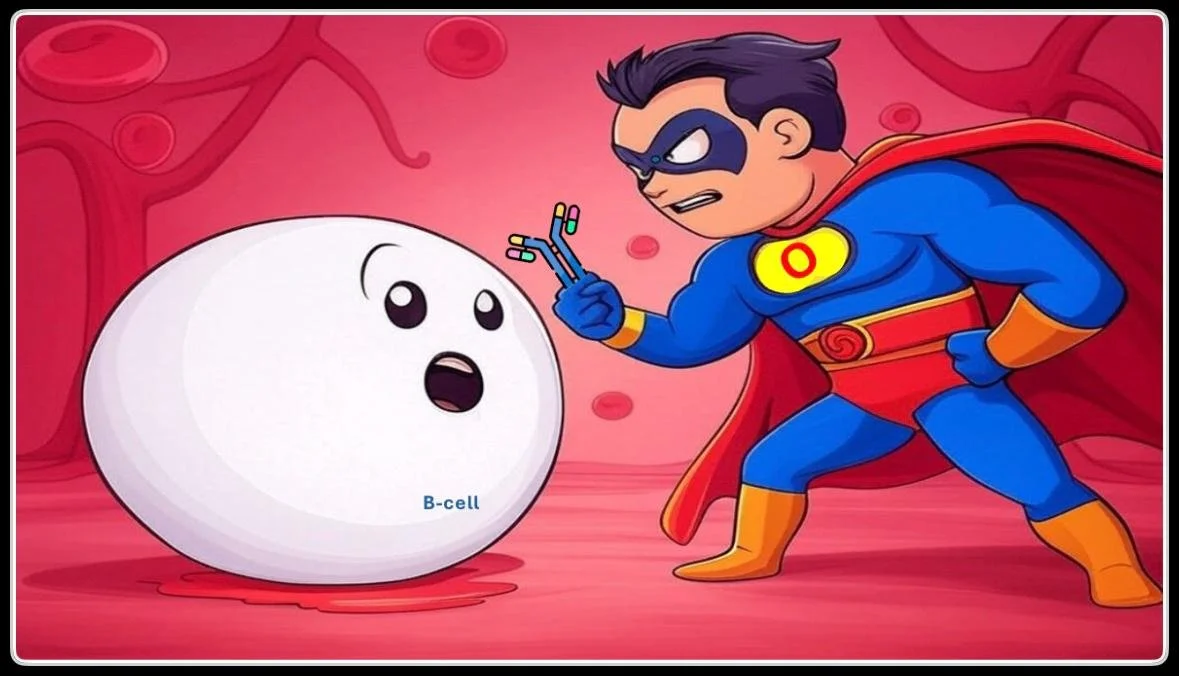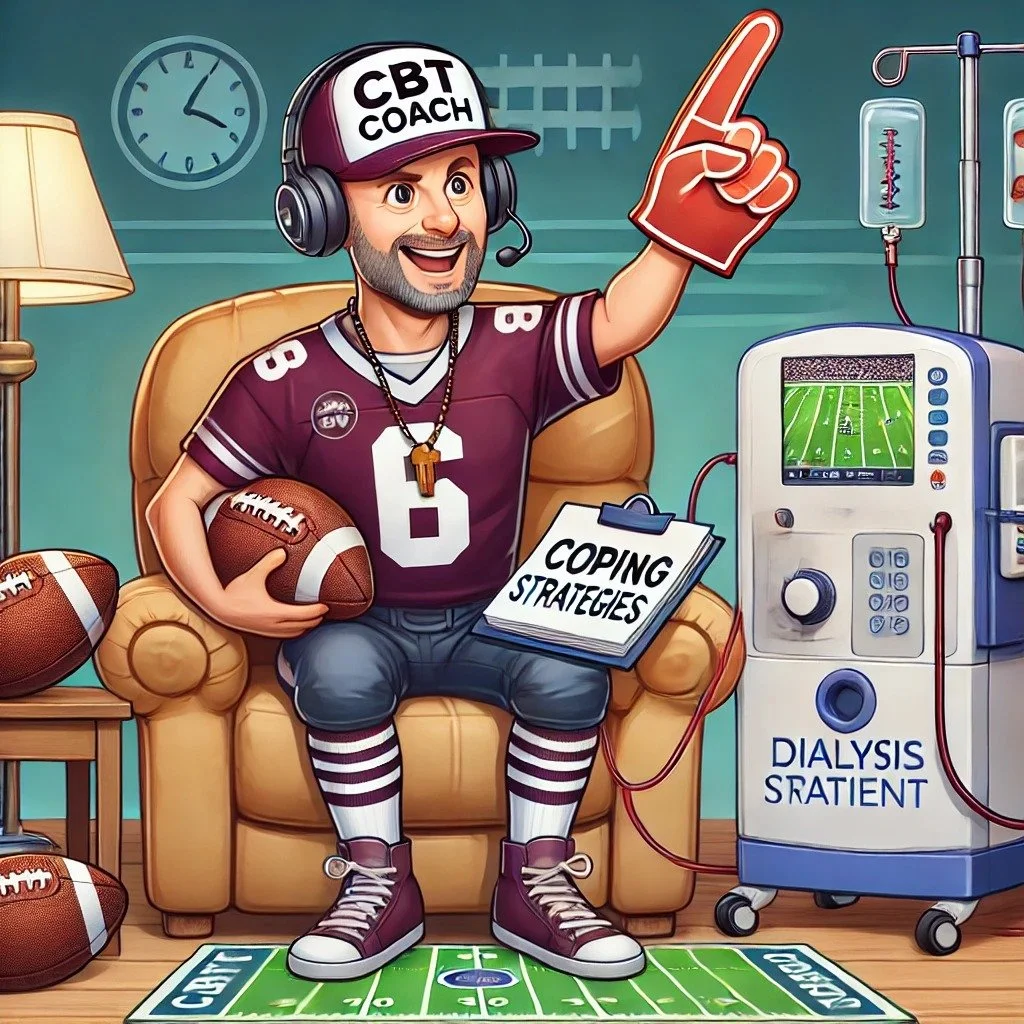Michelle Rheault writes about the gender disparity at the ASN Board Review Class.
Coffee is exonerated
Accusation of data fraud in dozens of scientific articles
Brilliant video about CRISPR-Cas9
Social Media in Medicine Research Library
The team at Symplur have teamed up with Stanford to compile a comprehensive library (217 articles!) of medical publications on social media. You can sort the list by altimetric score, title, first author's last name, yet, journal or impact factor. Looks very cool.
There are 7 articles on social media with an Altimetric score over 200!
Wash U Episode 14: Immune complex GN
#AskRenal, a new social media initiative to help medical students
Renal physiology and pathophysiology is widely regarded as one of the most challenging subjects in the pre-clinical studies of medical school. The challenging subject has been blamed for the downturn in interest in our fine specialty. To help combat this we have started an initiative where a medical students can post a question to Twitter and get an answers from practicing nephrologists and basic scientists. See the kick off post at PBFluids.
The way this works is, if a student has a question they post it to Twitter with the hashtag #AskRenal. We have a bot that scours Twitter for this hashtag and will retweet the question while tagging @NephJC. NephJC will amplify the question to its audience of nephrology nerds who will then provide answers tagging the initial questioner.
Everything is in place, we are just waiting to get some student questions.
Inorder to better promote this we would like to capture when different medical students teach renal physiology and renal pathophysiology. If you know the schedule of one or two medical schools, please enter the class timing on to this crowd sourced spreadsheet.
Best tweets of #KidneyWk
#KidneyWkBingo is back!
#NephJC wrap up: Crescentic IgA Nephropathy
#NephJC summary for HOPE-3 is Up
Check out the home page - great job by Peter Gallacher putting it together. See you all on April 26th or 27th. We hope to have an author online at the chat too. More soon!
Twitter polls redux
A few months ago, we wrote about the nephro-twitterverse discovering twitter polls. Graham Abra and Thomas Hiemstra were early adopters, though response rates were ~ 20-40 at best then. But there are many more, with much better response rates. Check them out:
During #NephMadness, Krishna Penmatsa made a bunch of #PredictaPolls - check some notable ones:
Graham, again, on IgA nephropathy and pregnancy
Tomas Rohal on tweeps preference of social networks
Matt on the deprescribing PPI question
And the PPI article we discussed at #NephJC was actually decided on the basis of a twitter poll too!
What RRT modality would nephrons choose for themselves (sparked by a tweet from Scherly at #HDu)
Matt again on how nephrons refer to themselves
Joel (was he making fun of my #DreamRCT, #MAGIK?)
#NephJC on desensitization & the winners of the #NEJMCup
This was another great #NephJC. Notable for many firsts:
- Hosting debuts by #NSMC intern, Silvi Shah, and RenalMed founder, Matt Graham-Brown (the latter also wrote the pre-chat summary)
- Lot of fresh faces (hello Pawan, Todd and Sian) and over 700 tweets from more than 60 tweeps
The transcripts and storifys are also already done - and up on the page, due to uber-fast curation from Hector.
Lastly, we have the pleasure of announcing the winners of the coveted #NEJMCup. There were many great tweets, so it took some time to sift through all the nominees. Here are the winning tweets:
Congratulations, Kevin and Sian! Your #NEJMCups should be on the way soon, courtesy of the New England Journal of Medicine.
Announcing the #NEJMCup for the next #NephJC, courtesy @NEJM
We are discussing an NEJM article next week (on that note check out the summary, written by Matt Graham-Brown). The hurdle? Its behind a subscriber-only wall - and this is an issue that has come up as a barrier for many of us not in academia or with a personal subscription to the Journal. However, the nice people at the Journal have kindly agreed to make it easily accessible for #NephJC readers - use the link on our summary page, and you will get the full text.
But there is more good news. Like what we have done in the past with JAMA, the best tweet of the night will get a prize. One for each chat.
The #NEJMCup!
Lastly, thanks to Lisa Rosenbaum for opening to doors to NEJM for us.
Therapeutic Hypothermia: Comments on @PubMed Commons
Back in fall 2015, we discussed one of the few positive trials in nephrology on #NephJC, on the use of therapeutic hypothermia for cooling deceased donors and the impact of subsequent graft function. To our pleasant surprise, a few weeks later, the lead author, Claus Niemann, replied in detail to our Pubmed Commons summary comment (see here).
A weeks ago, we noticed another comment on the same article, which pointed out that the record in clinicaltrials.gov had reported a different primary outcome, which indeed it did (primary outcome was terminal graft function in donor). We noted and tweeted out this comment, and the COMPARE group also replied.
But the story is not done yet. Today there is another comment on PubMedCommons, from Melissa Greenwald of the Health Resources and Services Administration, which funded the trial. From her review of documents, delayed graft function does seem to have been one of the primary outcomes, if not the main one. Read it and decide for yourself!
TWiN: The week in Nephrology (March 1 2016)
This week we bring two resources for both physicians and nurses caring for ESRD patients.
- Starting off with guidelines published in PDI - A syllabus for healthcare professionals for teaching Peritoneal Dialysis to patients and caregivers. Get it here ($wall alert).
- Dr Schell presents a guide for nephrologists on communicating with the elderly on their choices regarding dialysis.
- Pediatric kidneys are at risk of worsening function in the setting of non renal transplant patients. This article sets out recommendations on how one should monitor the kidney functions in children with non-renal transplants and guidelines on when to refer the patient to a pediatric nephrologist.
- We all love to advice about diet and hypertension, and several studies have shown that diet does affect the BP. Coming this week is a systematic review and meta-analysis of studies looking at various kinds of dietary interventions' effect on the BP. The DASH diet still wins with the highest net effect of nearly 7/4 mmHg decrease in BP. This was published in Hypertension.
Blog posts of note
We present two brilliant essays by our newly minted interns of #NSMC (Nephrology Social Media Collective)
- Benjamin Stewart wrote an essay on the the nephron number and the GFR talking about the "Super-Kidney" or the elite kidneys and what nephron endowment means to the GFR. GIve the blogpost a read on Renal Fellow Network and follow him on twitter.
- Our next post was by renal transplant fellow Silvi Shah who describes the implications of pregnancy and kidney transplant in a question answer format. Again Renal Fellow Network features this blogpost.
- Rounding off with my favourite topic - Home Hemodialysis - I came across this excellent essay by a Home Hemodialysis patient in Australia, who describes the econo-socio-political advantages of home hemodialysis and also talks directly to patients (peer-2-peer) about the advantages of HHD. The poem at the end is a touching reminder to all physicians on what a patient really wants for himself. Read it here.
- Nikhil Shah
The #NephJC survey closes soon
Thank you for all of you who have responded and filled out the #NephJC survey - over 300 respondents so far! We wanted to give a heads up to the rest of you - the survey will be closing soon. Wednesday 12 midnight Eastern is the deadline. We would love to hear from any of you who haven't had a chance to voice your opinion. So please go ahead and let us know what you think and how we can improve.
The #NephJC survey
The #NephJC team has designed a survey - to get to know more about you and your opinions. It's a simple, short survey, that will not take more than a few minutes (we promise) to complete. We would really like you to complete all the questions, though the ones where we ask more about you are optional. The overall purpose of doing this survey is two-fold. Firstly, we would like to hear more about what you like, what you don't like and how we can improve what we are doing with #NephJC. The second purpose is to know a little bit about you - all of you, who are following us on twitter or on facebook, who tweet at the chats or who lurk, or who get our weekly mailer.
Needless to say, completing the survey is completely voluntary. None of your information will be divulged. We do have institutional review board approval (from the Ottawa Hospital Health Sciences Research Ethics Board) to conduct this survey.
Lastly, this survey is conducted with Google docs. This makes it simple and easy, but please answer to the best of your ability, truthfully, and complete it only once.
thanks!
The #NephJC team
Oral or IV Iron: Follow up from a previous #nephjc chat
A few months ago, we discussed this trial from Rajiv Agarwal and his team from Indiana, which found increased serious adverse vents with IV iron, in CKD patients. The latest issue of Kidney International now has some interesting correspondence, with two critical letters, and a substantive reply from Rajiv Agarwal.
Rajiv Agarwal
Among the criticism is one from Iain Macdougall and Simon Rogers, questioning the methodology - and why these results are different from the FIND-CKD trial (free PMC link), which did test a different IV iron formulation (iron carboxymaltose in FIND-CKD, iron sucrose in REVOKE), against a lower dose of oral iron. The reply from Dr Agarwal is worth reading in full, but this table highlights the details.
Table from Kidney International Vol 88, pg 1446-7
The Neph-Twitterverse discovers Twitter polls
A few weeks ago, the folks at twitter announced they were rolling out Twitter polls. Previously, tweeps would use manually counting responses or the RT-if-you-agree Fav-if-you-don't approach. This is how the polls were supposed to work:
So what, you might say? A few users (notably @conradhackett from Pew research) played a lot with them, sample poll:
The ease of setting one up, and the option to just click and be done were some of the major selling points. But it wasn't clear if would be just a passing fad or something more. I used one at the #KidneyWk, but there were few responders
Then Matt decided to poll the #nephjc followers after the suPAR chat
And Thomas Hiemstra decided to design his next #DreamRCT on therapy for Membranous nephropathy with a series of tweets:
Second scenario
And it wasn't long before Graham Abra re-ran an older question on the utility of urine eosinophils in allergic interstitial nephritis
another one on the duration of steroids in SLE, in remission
So we guess polls on twitter are here to say. Nephrology tweeps find it awesome (and I can say so with confidence, backed by facts, or shall we say, a poll?)
Swapnil Hiremath



















